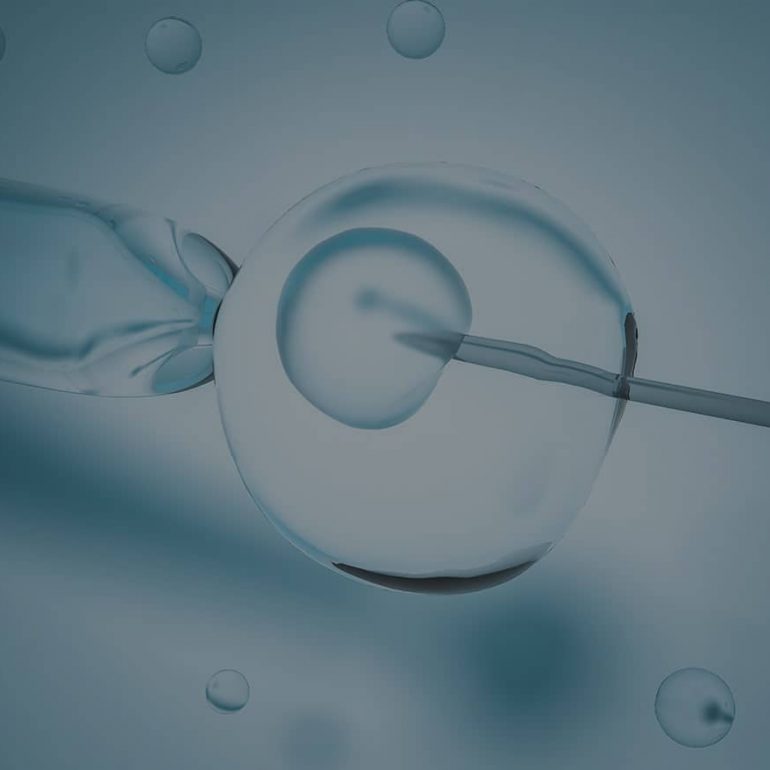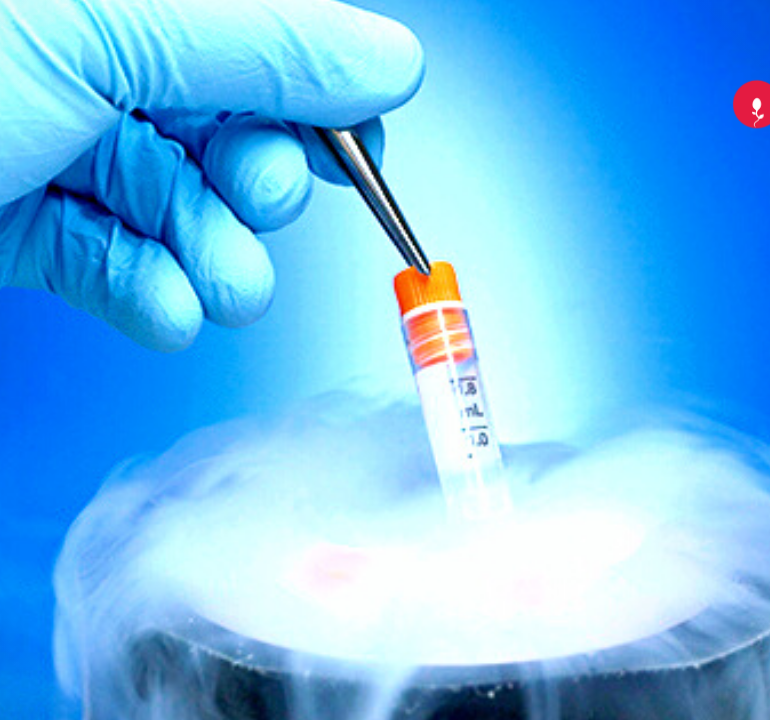What is IUI?
Intrauterine Insemination (IUI) is a simple, minimally invasive fertility treatment designed to enhance the chances of pregnancy. During this procedure, sperm is carefully placed directly into the uterus around the time of ovulation, increasing the likelihood of sperm reaching the egg.
IUI treatment is often the first line of fertility therapy for couples dealing with unexplained infertility, mild male factor infertility, or issues related to cervical mucus.
Xenith Hope Circle
Join our new WhatsApp community
Why is IUI Done?
IUI is a helpful fertility treatment option in several clinical scenarios, particularly where natural conception is difficult or has been unsuccessful. Here’s how it helps in different cases:
Unexplained Infertility
When standard fertility evaluations fail to reveal a clear cause for infertility, IUI is often the first step in treatment. It helps by optimizing the timing of insemination and ensuring a higher concentration of motile sperm reach the egg.
Mild Male Factor Infertility
If a male partner has a slightly low sperm count or reduced sperm motility, IUI can be very effective. The sperm washing process concentrates the healthiest sperm, improving the odds of fertilization.
Ovulation Disorders (e.g., PCOS)
In women with irregular ovulation or conditions like Polycystic Ovary Syndrome (PCOS), ovulation-inducing medications are combined with IUI. This increases the chances of timed insemination when the egg is released.
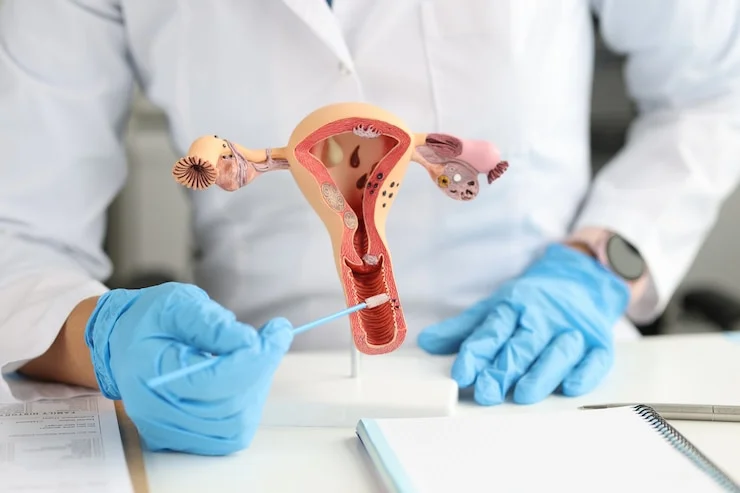
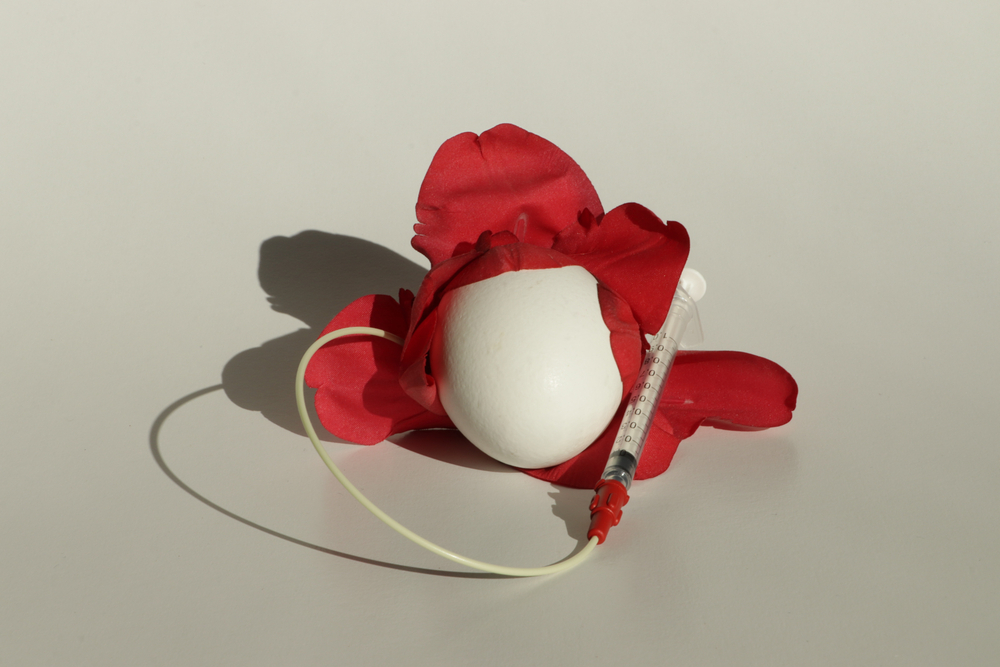
Cervical Factor Infertility
In some women, the cervical mucus may be too thick or hostile to sperm. IUI bypasses the cervix by depositing sperm directly into the uterus, allowing the sperm to move freely toward the fallopian tubes.
Mild Endometriosis
For women with minimal or mild endometriosis, IUI can help by increasing the sperm’s access to the egg and reducing the impact of a potentially unfavorable pelvic environment.
Use of Donor Sperm
IUI is commonly used for women or couples using donor sperm. It ensures the precise delivery of donor sperm into the uterus during the fertile window to maximize conception chances.
What is the IUI Procedure Like?
The IUI process is straightforward and usually does not require anesthesia. Here’s what to expect:
- Ovulation Monitoring
Ovulation is tracked using ultrasound and hormonal tests. In some cases, fertility medications are prescribed to stimulate egg production. - Semen Collection & Preparation
A semen sample is collected and processed (washed) in the lab to isolate the healthiest, most motile sperm. - Insemination
The concentrated sperm sample is inserted directly into the uterus using a thin, flexible catheter. The procedure is painless for most women and takes just a few minutes. - Post-IUI Observation
You may rest briefly after the procedure and resume normal activities the same day. A pregnancy test is advised after two weeks.
Benefits of IUI Treatment
Intrauterine insemination (IUI) offers several distinct advantages, especially for couples looking for a less intensive and more affordable fertility solution:
Minimally Invasive and Affordable
IUI does not require surgery, anesthesia, or egg retrieval, making it a safe and simple procedure. It is also significantly less expensive than treatments like IVF, which makes it accessible to more couples.
Short Procedure Time
The IUI procedure itself takes only a few minutes and is performed in an outpatient setting. You can typically return to your daily routine immediately after, without the need for recovery time.
Painless and Comfortable
Most women experience little to no discomfort during IUI. The insemination is done using a soft, thin catheter, and the entire process feels similar to a routine gynecological exam.
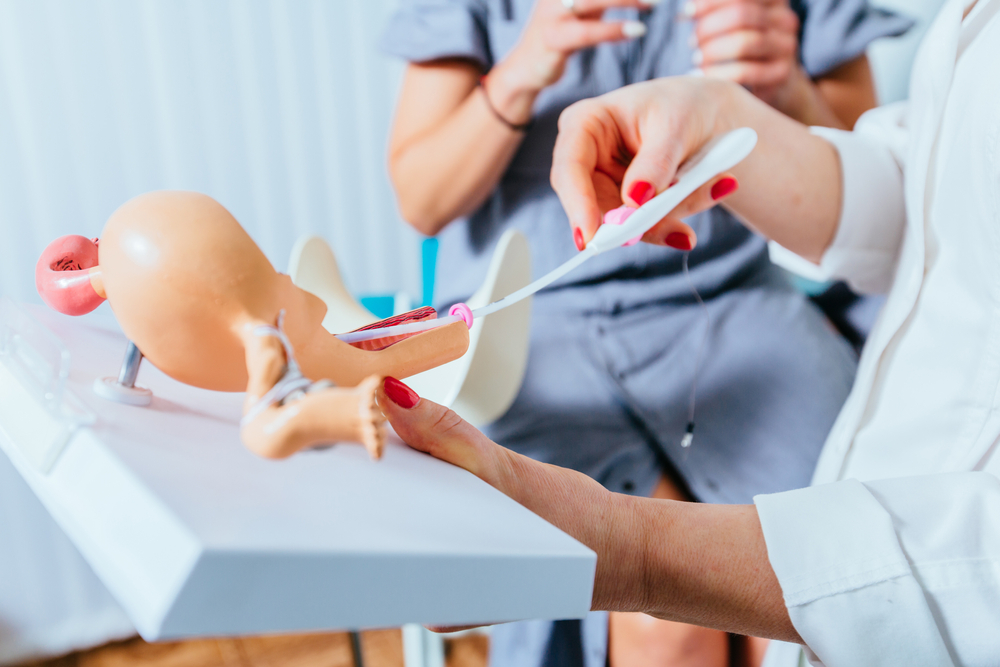
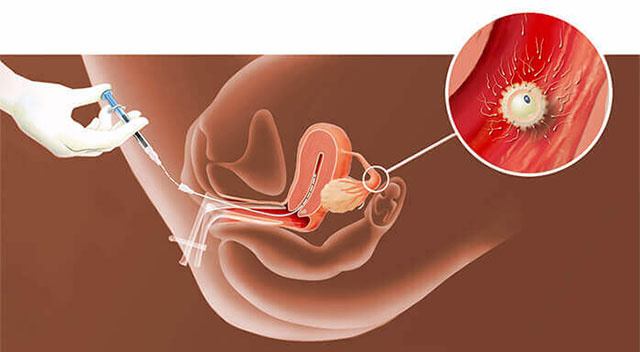
Effective for a Variety of Fertility Issues
IUI can address multiple causes of infertility, including mild male factor, ovulation problems, and cervical mucus issues. Its versatility makes it a valuable option in many treatment plans.
Improved Success Rates with Ovulation Stimulation
When combined with medications to stimulate ovulation, IUI has better success rates compared to natural cycles. This combination increases the number of available eggs and the chances of successful fertilization.
IUI Success Rates
Success rates of IUI treatment vary based on age, cause of infertility, and whether medications are used. On average:
- 10%–20% success per cycle
- Higher success in younger women (under 35)
- Improved outcomes with multiple cycles (up to 3–6)
At Xenith Advanced Fertility Centre, we use advanced protocols and individualized care plans to optimize IUI success rates.
Is IUI Right for You?
Intrauterine Insemination (IUI) may be the right fertility treatment if you’re looking for a less complex, non-invasive, and cost-effective method to enhance your chances of pregnancy. It is especially suitable in cases where the fertility challenges are mild or unexplained. However, determining if IUI is the best option requires a thorough evaluation by a fertility specialist.
You might be a good candidate for IUI if:
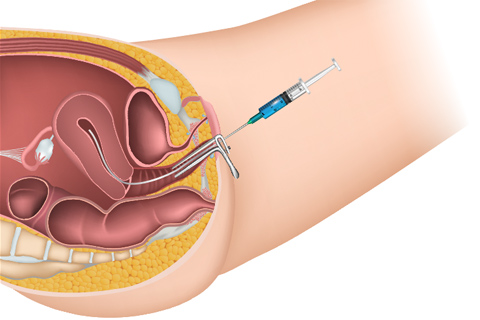
You’ve been trying to conceive naturally without success
Pre-ART therapy should ideally begin 1 to 3 months before starting your IVF cycle. This window allows enough time to identify and correct any hormonal, uterine, or metabolic issues that could hinder treatment success. Early intervention helps align your body with the IVF timeline, improves responsiveness to stimulation, and enhances overall cycle outcomes. Your fertility specialist will personalize the duration based on your medical history and test results.
You or your partner have mild fertility issues
Mild male factor infertility (such as low sperm motility or count), irregular ovulation, or mild endometriosis can be effectively addressed through IUI, especially when combined with ovulation-inducing medication.
You're using donor sperm
Single women or same-sex female couples trying to conceive with donor sperm often choose IUI because it’s simple, targeted, and doesn’t require more invasive techniques like IVF.
You’re looking for a budget-friendly fertility treatment
Compared to IVF or ICSI, IUI is much more affordable and may be suitable for couples looking to begin their fertility journey with a lower-cost option.
You want a treatment that feels more natural
Since IUI works in sync with your natural ovulation cycle (or a mild stimulation protocol), many patients appreciate that it aligns closely with how conception occurs in the body.
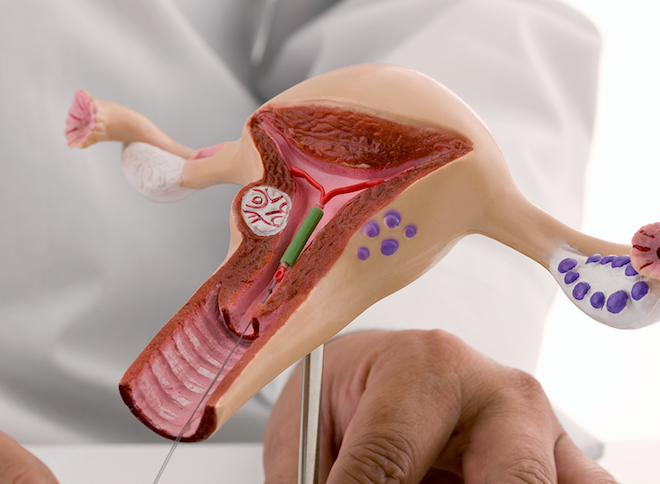
When IUI May Not Be Suitable
IUI may not be recommended if there are more complex fertility issues, such as:
- Severe male factor infertility (very low sperm count or zero motility)
- Blocked or damaged fallopian tubes
- Advanced maternal age with low ovarian reserve
- History of multiple failed IUI attempts
In such cases, your fertility specialist may recommend more advanced treatments like IVF or ICSI for better success rates.
Why Choose Xenith Advanced Fertility Centre for IUI?
- Experienced fertility specialists with a high track record of success
- Personalized treatment protocols
- Cutting-edge technology and laboratory support
- Compassionate and ethical care
- Located conveniently in Pune with state-of-the-art infrastructure
Book a Consultation
If you’re considering IUI treatment in Pune, schedule a consultation with our fertility experts today. We’ll guide you through each step and help you make informed decisions about your fertility journey.
Intrauterine Insemination (IUI) is a fertility treatment that involves placing prepared sperm directly into the uterus during ovulation. This increases the chances of the sperm reaching the egg and fertilizing it. IUI is especially helpful for couples with unexplained infertility, mild male factor infertility, or ovulation issues.
IUI is generally a painless and quick procedure. Some women may feel mild cramping or discomfort similar to a Pap smear during the insertion of the catheter. The entire process usually takes only a few minutes and doesn’t require anesthesia or downtime.
Doctors often recommend trying 3 to 6 cycles of IUI before moving on to more advanced treatments like IVF. Success rates increase over multiple cycles, especially when fertility medications are used in conjunction with IUI.
The success rate of IUI varies depending on factors such as age, cause of infertility, and whether fertility drugs are used. On average, success rates range from 10% to 20% per cycle, with younger women and those with mild fertility issues seeing better outcomes.
IUI is ideal for couples facing:
- Mild male factor infertility
- Irregular ovulation or PCOS
- Cervical mucus issues
- Mild endometriosis
- Unexplained infertility
- Women or couples using donor sperm
Why Choose Xenith?
We have years of experience, expertise and the latest reproductive technologies in the area of infertility and treatment plan designed for individual needs. The staff at Xenith is highly trained in the latest embryological, medical and technological know-how as well as counselling and therapeutic communication. We are equipped to offer evidence-based treatment in infertility efficiently.
- Patient-centered care
- Specialty in Recurrent IVF Failures
- Focus on interventions
- High IVF success rates
- High Clinical Standard
- All treatments under one roof
Book Appointment Today!
Recent Posts

Can Diabetes Cause Retrograde Ejaculation? Here’s What You Need to Know
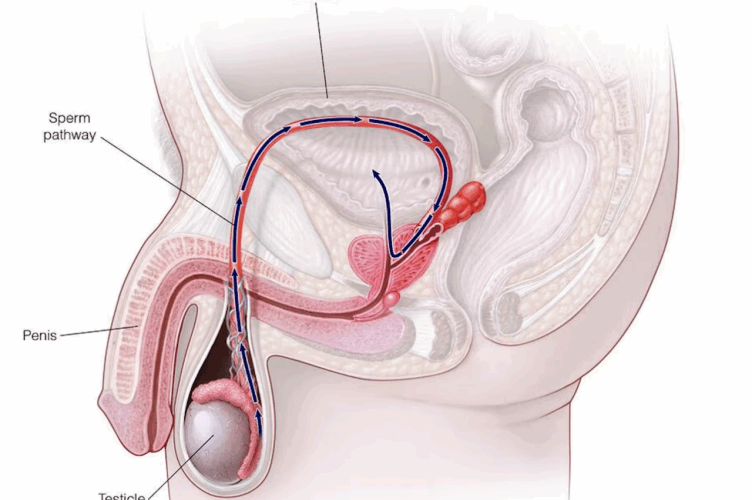
How to Reverse Retrograde Ejaculation Naturally and Medically

Retrograde Ejaculation and Male Infertility: A Complete Guide


